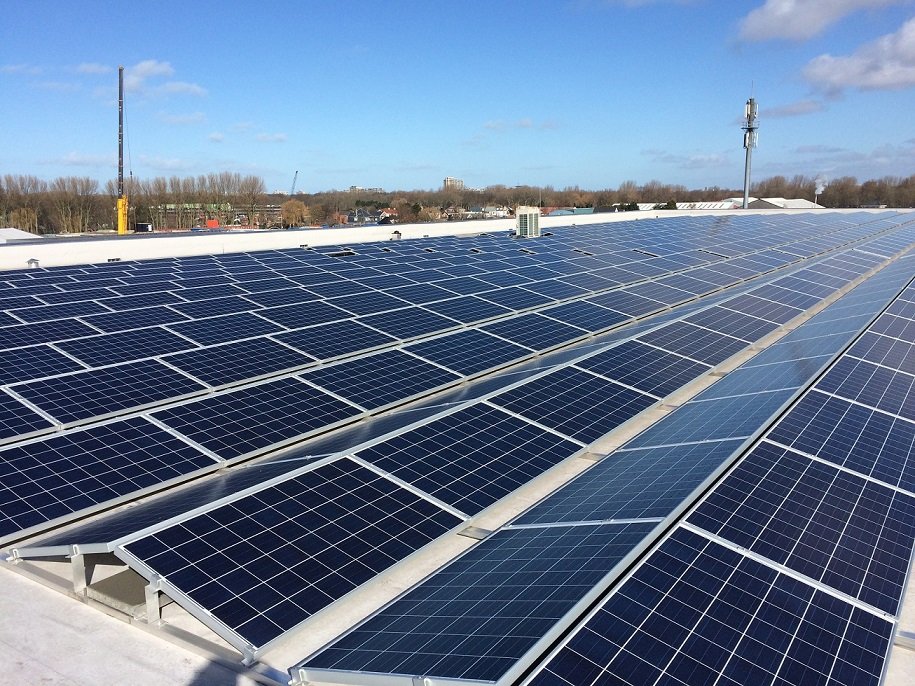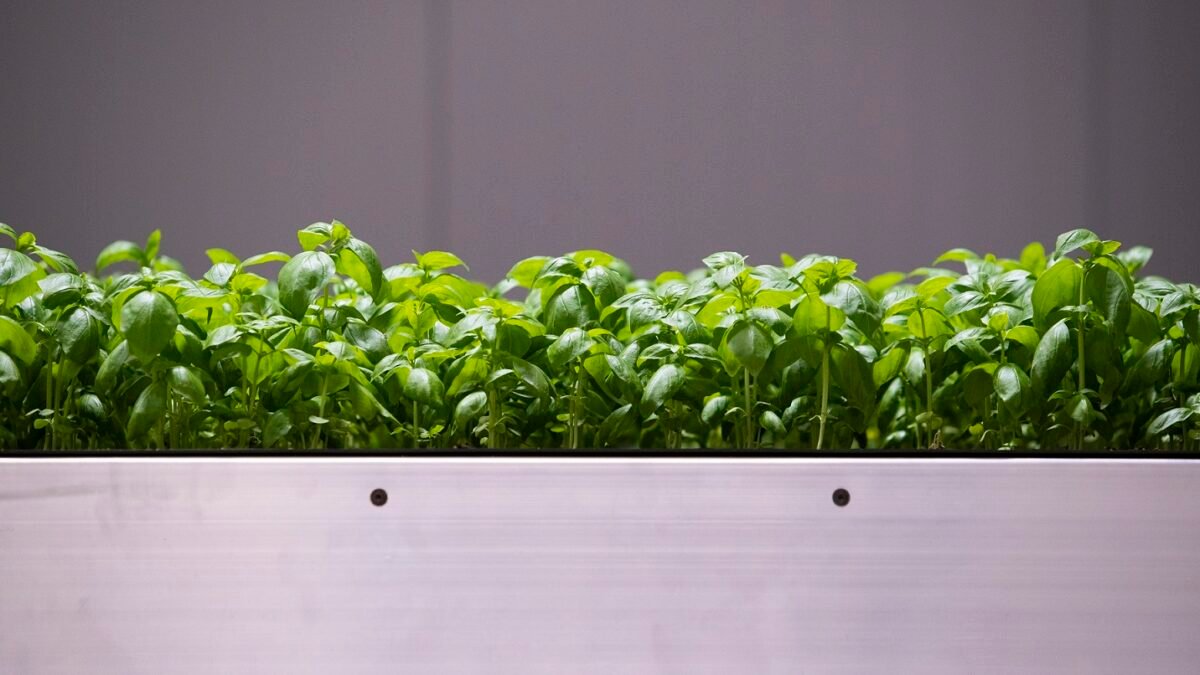Future Crops moves to 100% Renewable Energy
Future Crops finds greener pastures, zero carbon emissions in wind power and solar energy.
Netherlands based Future Crops, Ltd., has taken its vertical farm a further step off the grid by shifting to reliance on 100 per cent renewable energy. Harnessing the natural green powers of solar and wind energy, the company also is solving the primary hurdle to bringing the industry to a substantially greater carbon-neutral position, all while advancing its sustainability goals.
Over the past decade, vertical farms have been cropping up as creative method of boosting food resilience and bringing food sources closer to home. Multistory indoor farming optimizes land use by growing food from the ground up in designated horticultural regions or even within dense urban localities. However, this method of growing crops in a controlled indoor environment can be energy intensive.
Future Crops operates a state-of-the art, multilevel indoor vertical farm in ABC Westland, Netherlands, the greenhouse hub of Europe. The facility grows a broad portfolio of pesticide-free leafy green vegetables and herbs. While many such facilities rely on hydroponics, the scale-up developed a unique, proprietary soil substrate in which to grow crops, bringing the vertical farm concept closer to nature and the earth.
“Vertical farming is an emerging industry that is gaining traction due to its multiple virtues,” explains Gary Grinspan, co-founder and CEO of Future Crops. “We are able to grow tremendous amounts of high-value food on a much smaller stretch of land—approximately 5% of the land required for conventional agriculture. And having no reliance on seasonality amplifies growing cycles tenfold. This means we can grow more, faster while concurrently cutting the food mileage. Our produce also has a naturally longer shelf-life which cuts food waste and eliminates ecotoxicity to people and the earth since no pesticides or harmful chemicals are required. The Future Crops system also addresses the downside of the controlled indoor methods of growing crops: high energy consumption due to crops being unable to soak up natural sunlight.”
Future Crops finds greener pastures, zero carbon



